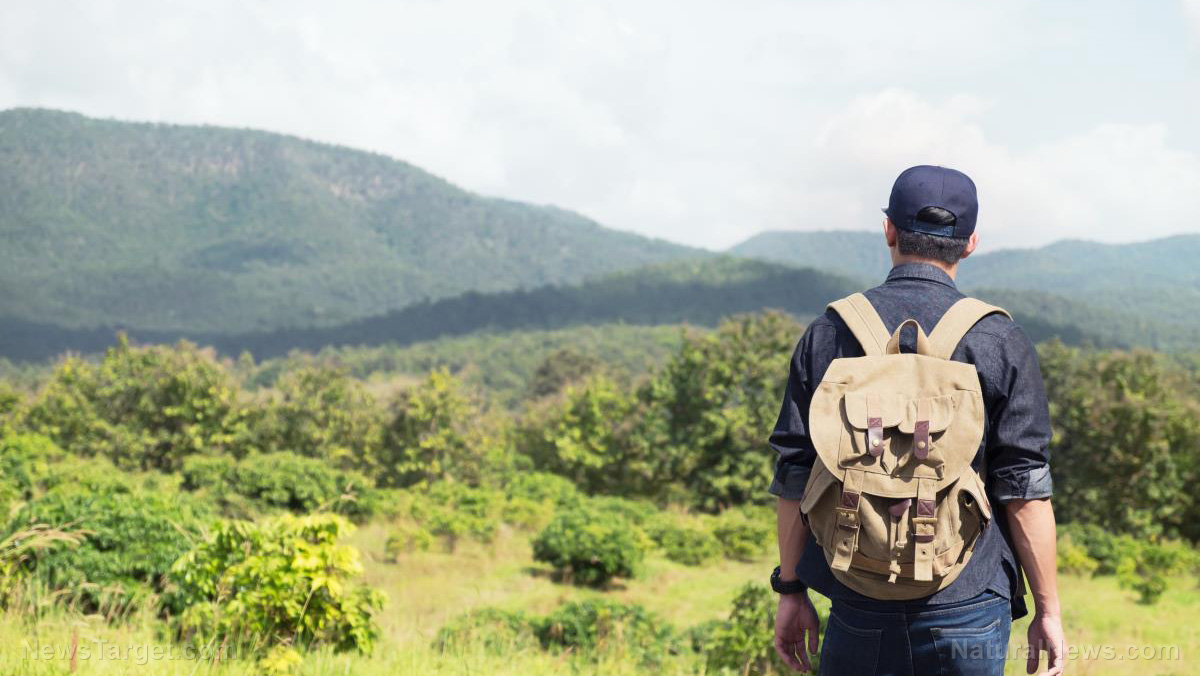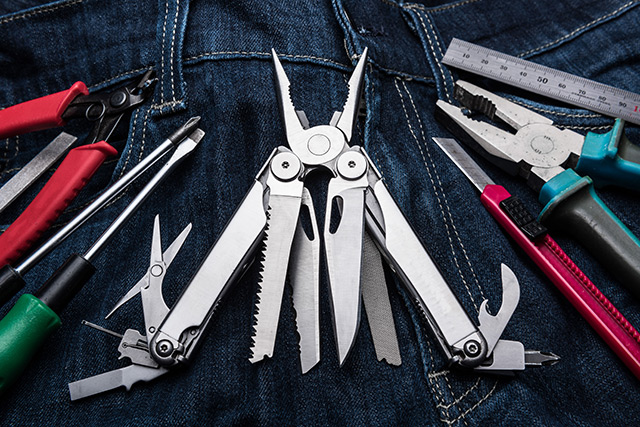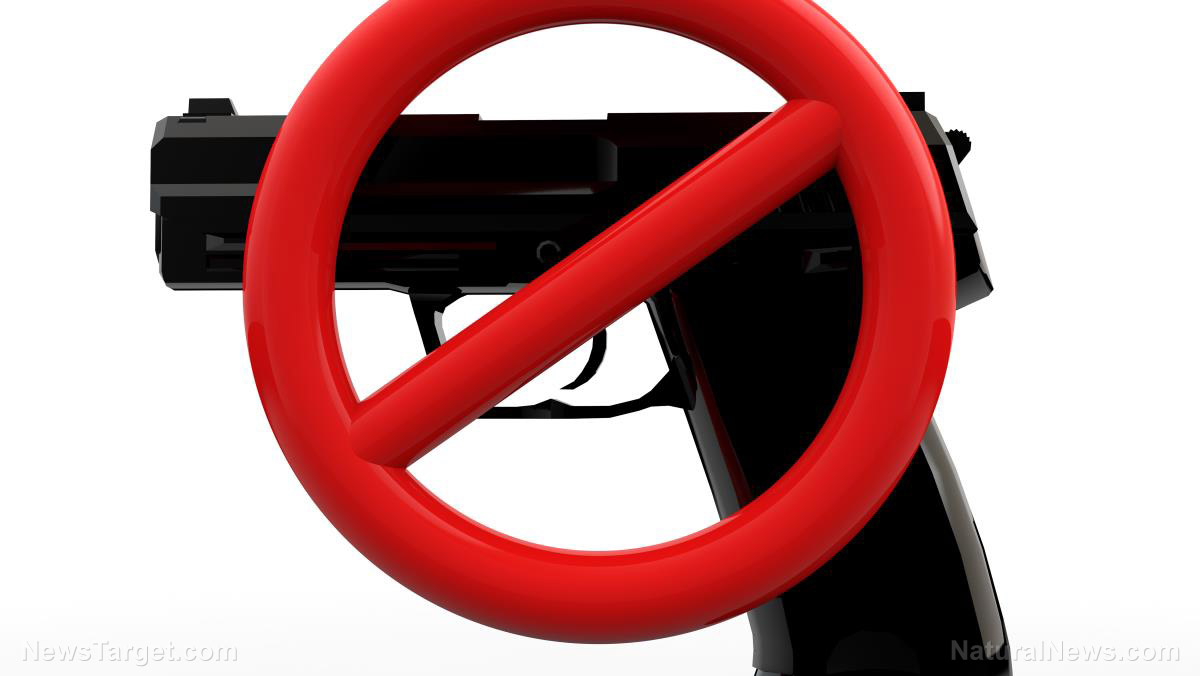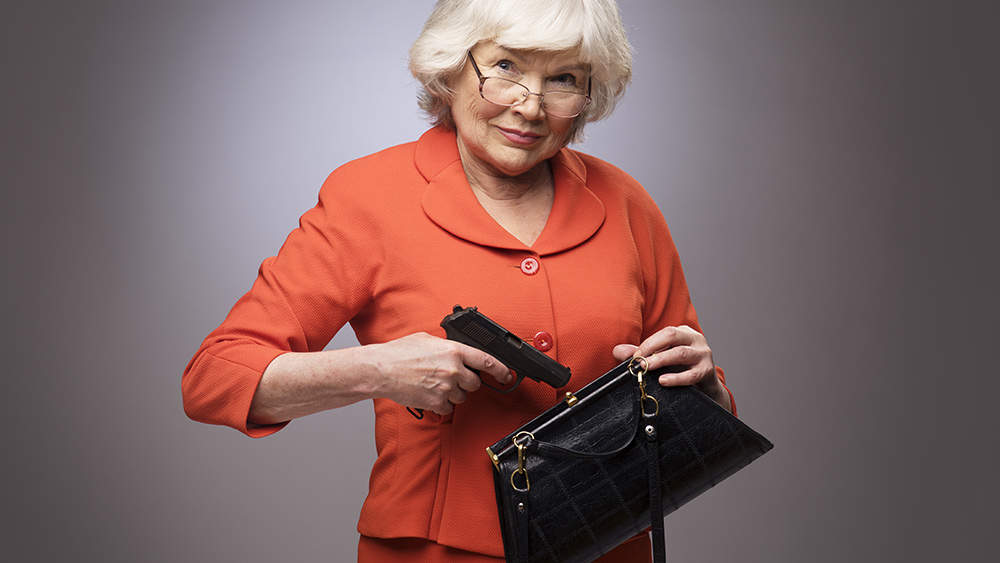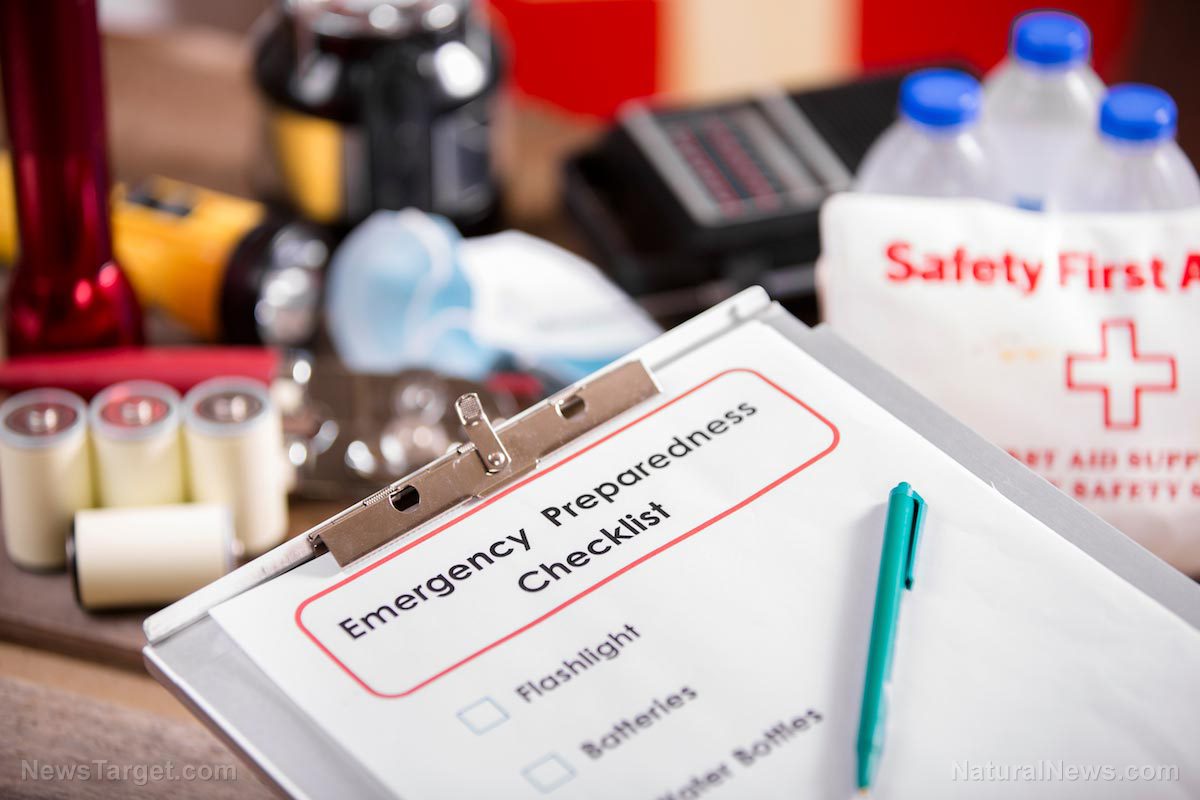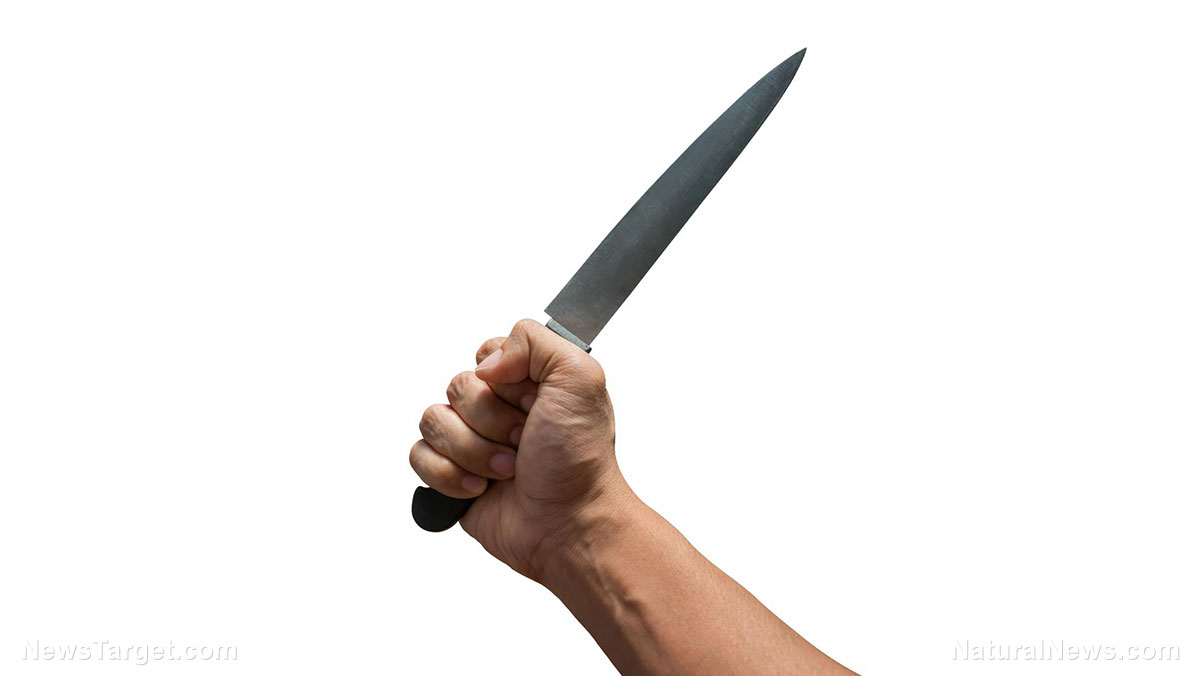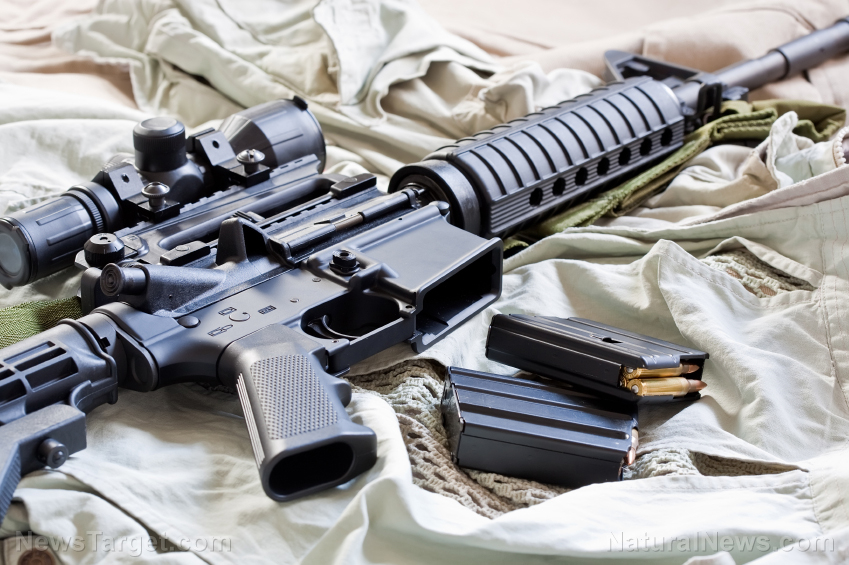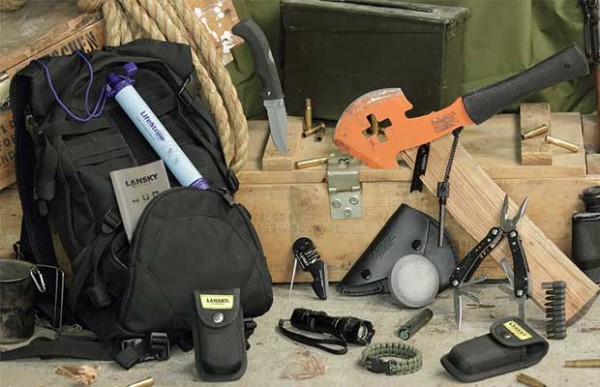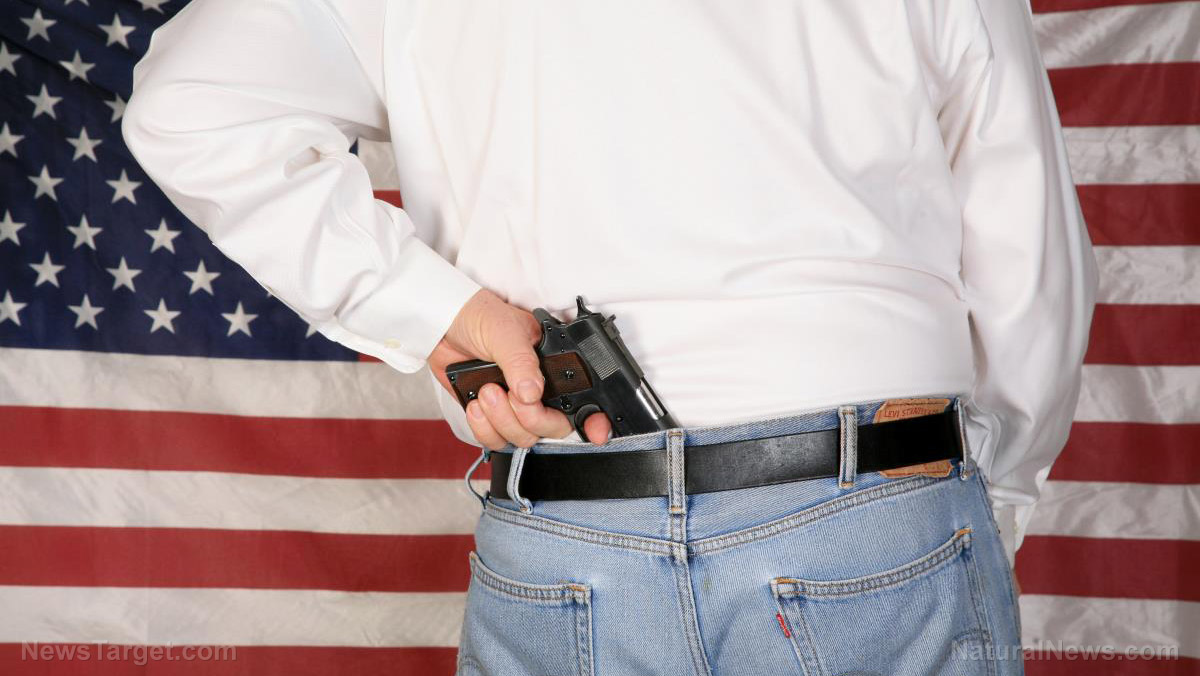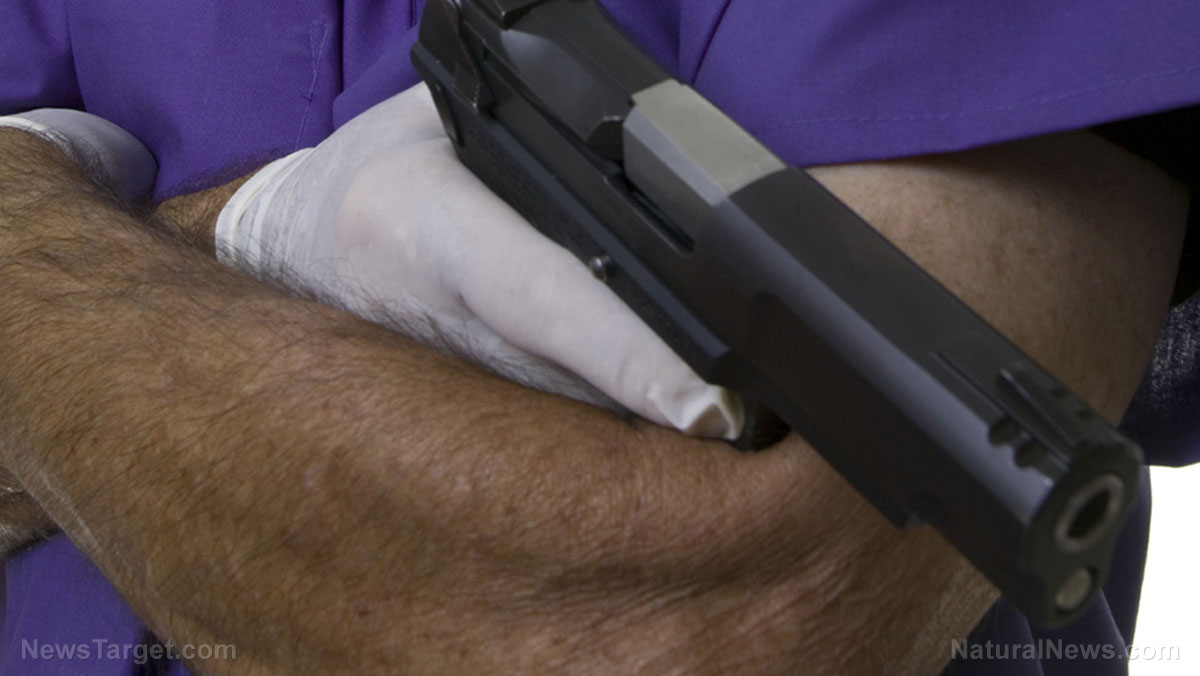Self-defense: A look at the bigger picture
06/27/2019 / By Zoey Sky

The phrase “self-defense” often brings to mind concealed weapons or combat skills. While these two factors are essential for your protection, there are three ways of defending yourself from various threats: combat, stealth, and diplomacy. (h/t to TimGamble.com)
Combat, fitness, tactics
People usually rely on combat as their first means of self-defense. This method involves weapons like knives, firearms, and blunt-force instruments (including your hands) that you can use to protect yourself.
Combat also includes gear like gas masks and body armor, along with fitness, health, training, and the tactics required to effectively use your preferred weapon for self-defense.
Your weapon won’t be as effective if you don’t maintain a healthy weight and stay fit. Training and tactics go beyond the occasional target-shooting at the gun range. Take defense-shooting classes and plan with your whole family so everyone knows how to handle different self-defense situations.
Stealth, situational awareness
Relying on stealth for self-defense means that you need to constantly practice situational awareness and keep a low profile. As you enter a store, take note of the other cars in the parking lot or the people around you.
Don’t zone out or keep your eyes glued to your phone. Instead, practice situational awareness by learning to differentiate various threats, like a person who seems to be following you or a group of individuals acting suspiciously.
As you go back to your car in the parking lot, observe your car. Make sure no one is hiding anywhere near where you parked before you get inside your vehicle.
Don’t call attention to yourself. Dress simply and wear practical shoes. Be confident and avoid traveling in bad neighborhoods and dangerous areas.
Always park in well-lit areas when running errands, and shop or travel in a group if you can. Before you leave the house, let your family know where you’re going and when you would be back. (Related: Prepping 101: What is situational awareness and why is it crucial for your personal safety?)
Never let your guard down, even if you’re simply walking to a store or jogging.
Diplomacy, level-headedness
Diplomacy is a forgotten form of self-defense. It may be viewed as a weakness, when in reality diplomacy can help you turn potential enemies into unexpected allies.
Like the other methods of self-defense, diplomacy isn’t always effective. But knowing when to use your combat skills, stealth, or diplomacy depending on the situation that you’re facing can help turn the tides in your favor when things seem hopeless.
Diplomacy doesn’t just offer protection, it also often benefits both parties. Use diplomacy to complement your individuality as a prepper. After all, learning how to trust other people will help strengthen your survival group.
Learn how to be diplomatic by communicating well no matter who you’re talking to. Be tactful, think of the needs of others, and learn how to compromise. If you’re part of a survival group, be helpful and do whatever you can so your group could achieve common goals.
When SHTF, be willing to put your ego aside to do what’s best for your whole family, not just for your own gain.
Like each tool in your bug-out bag, combat, stealth, and diplomacy are most effective when used for self-defense in the appropriate scenario.
Always keep a level head, even when SHTF. These three tools for self-defense may not always work, but having them in your arsenal may help you face threats and deal with them accordingly.
Read Chaos.news for learning about skills that will help you survive the coming chaos.
Sources include:
Tagged Under: combat, crime prevention, diplomacy, gun rights, panic, personal safety, preparedness, prepper, prepping, self-defense, SHTF, situational awareness, Stealth, survival
RECENT NEWS & ARTICLES
COPYRIGHT © 2017 GEAR.NEWS
All content posted on this site is protected under Free Speech. Gear.news is not responsible for content written by contributing authors. The information on this site is provided for educational and entertainment purposes only. It is not intended as a substitute for professional advice of any kind. Gear.news assumes no responsibility for the use or misuse of this material. All trademarks, registered trademarks and service marks mentioned on this site are the property of their respective owners.



